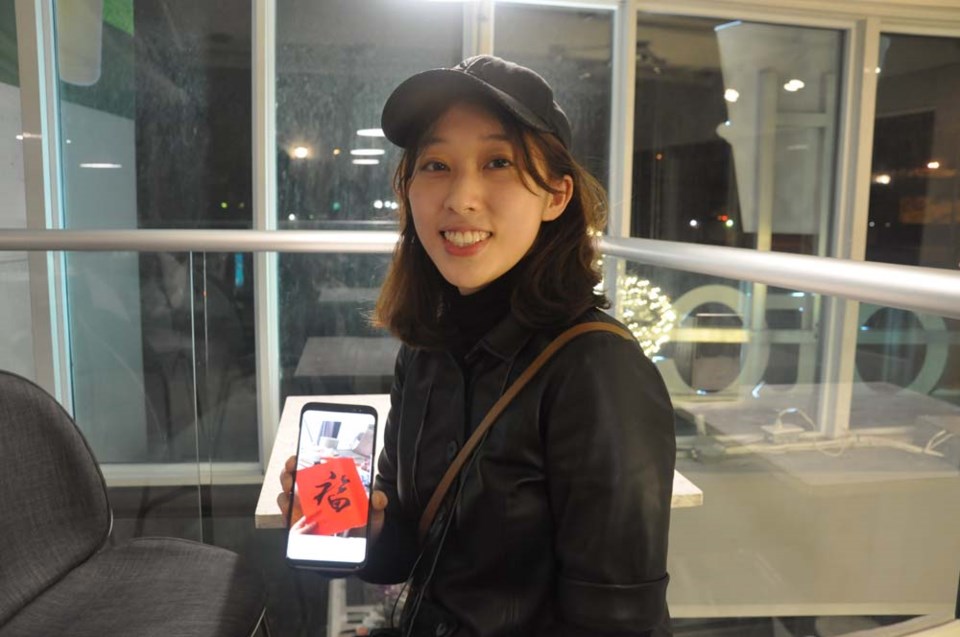Cynthia Ma and Wendy Qian are good friends, but they have completely different memories of celebrating Chinese New Year in their hometowns in China.
Qian’s hometown, Suzhou in the Southern China, uses many traditional Chinese New Year customs from the region.
“On the eve of Chinese New Year, our whole big family has dinner together, then my grandparents prepare a bowl of food for the ‘Kitchen God’, which we bring home and put on the stove,” said Qian.
She explained that the bowl contains food such as pig ears and rice cakes wrapped in red paper. This practice is a tradition left over from older days when there wasn’t enough food for families, who hoped for more food in the coming year.
When midnight passes, people go to a local temple to burn the new year’s first essence, and ring the bell, praying for health and the safety of their families.
And every Chinese New Year morning, parents make rice dumplings with a lot of sugar in the soup, and kids would say “very sweet” while eating it, hoping the coming year would be sweet and beautiful.
On Jan. 8 in the lunar year, households ignite firecrackers to welcome the “fortune god” to their home, according to Qian.
“After I moved to UBC in 2012, I sometimes spent the Chinese New Year in class, and even forgot about it,” she said.
“The festival is only a distant shape if you are not celebrating it with the people you want to be with... now I always try to call and greet my family on Chinese New Year.”
Chinese New Year customs fading away
Unlike Qian, Ma grew up in Zhengzhou, a metropolis in northern China, and said many Chinese New Year traditions have faded away with the rapid development of the area over the past few years.
“I like traditional (Chinese New Year) customs, such as attending the temple fair, playing with lanterns and watching the dragon and lion dance,” Ma told the Richmond News.
“But now many of the customs have been abandoned, especially in cities. Fireworks are forbidden (because they are a fire hazard), families stay at home and watch the Chinese New Year gala on TV, while some adults play Mahjong. ”
When Ma left her hometown five years ago and moved to Canada to attend the University of British Columbia, she surprisingly found many customs lost at home are still alive in Vancouver.
“I’ve been to the Chinese New Year parade in Chinatown, and have seen the dragon dance. I walked a long way to take photographs and felt very happy. I could feel a very strong feeling of traditional Chinese culture,” said Ma.
“And the architecture in Chinatown is protected so well, whereas in my hometown, they’ve been torn down to build high rises. Some later built a replica of ‘old streets’ to attract tourists, but it’s not the same.”
But Ma does miss the tradition of making dumplings with her families during Chinese New Year. She has brought this tradition to her new home in Richmond.
“I like to invite friends to come over and make dumplings together. Dumplings need more of a team effort and it makes me feel like I’m going back home.”



